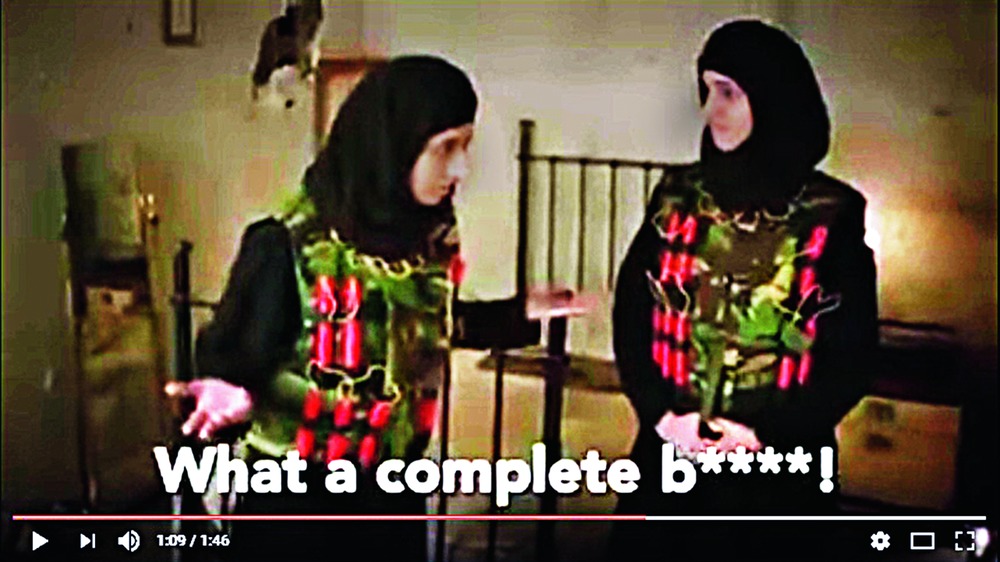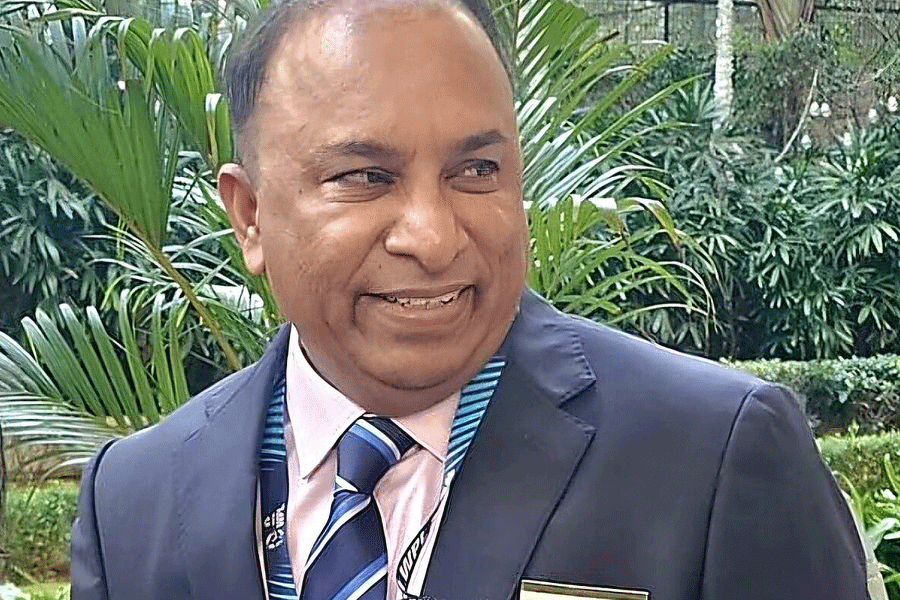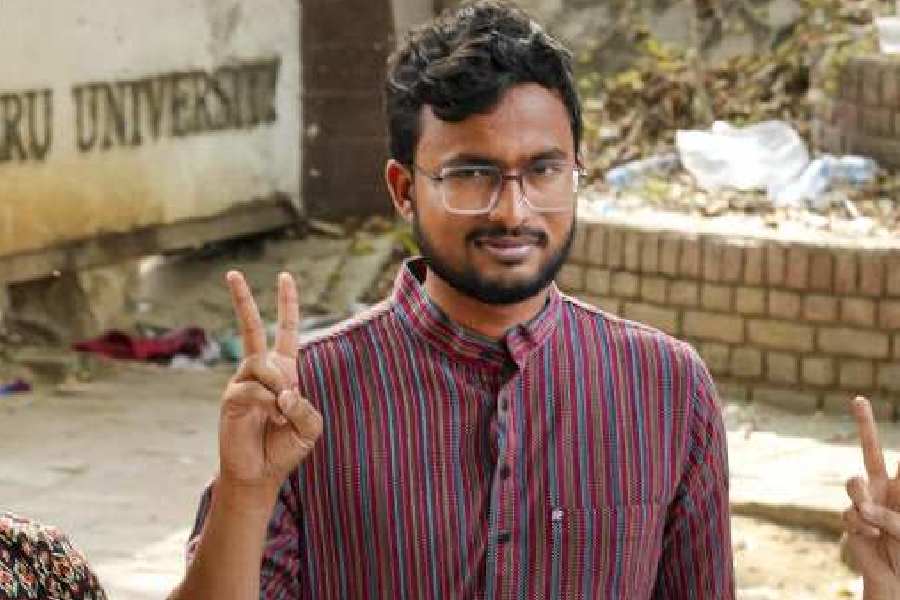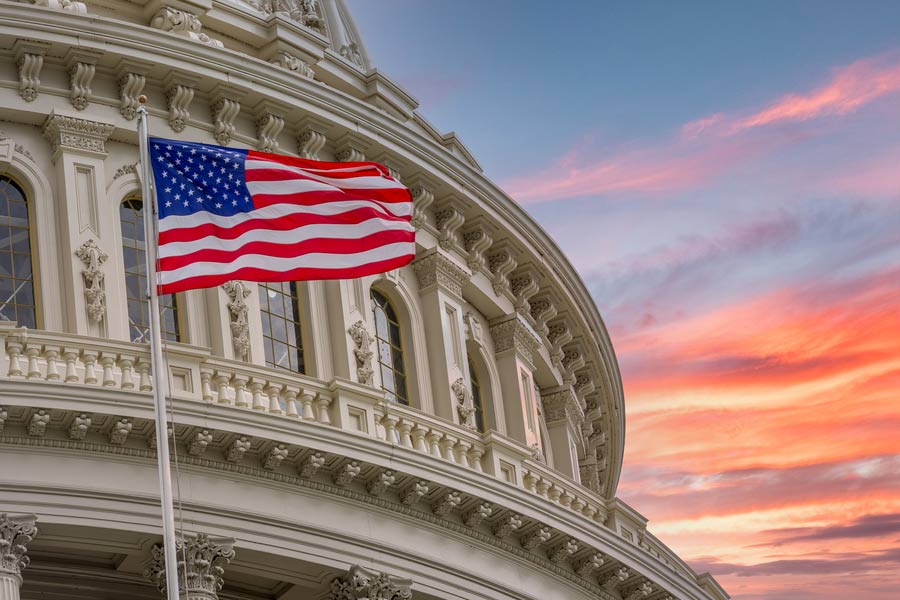The fight is between puja and namaaz.
Bhai, a Hindu boy, says, “Our God is the real God.”
“No, it’s not,” Bhaijaan, the Muslim boy, retorts. “You will know the truth when you die, brother.”
“And you will know after your death,” Bhai fumes.
“What if I kill you and you find out yourself?” Bhaijaan shouts back as he aims a sickle at Bhai.
To this, Bhai brandishes a knife and screams. For the next 10 seconds both make faces at each other, but comically.



The depiction might be funny but the message in this satirical sketch by 15-year-old comic act Yugvijay Tiwari is strong and unmistakable --- the banality of communal fights. Yugvijay, who calls himself the “racist Indian” and has several videos on YouTube, believes comedy is the only tool to fight radical views. "In real life I have seen people fighting like this. They don’t realise what they are doing is wrong. So I decided to draw attention to some serious issues through humour,” says the Class 10 student from Madhya Pradesh’s Sagar.
The teenager is not the only one using humour to hit out at bigotry on social media. Sporting a red ‘tilak’ on his forehead, quite like a member of the right-wing Sangh Parivar, satirist Akash Banerjee too rips apart religious extremists through his spoofs on Newslaundry, a Delhi-based media -watch platform.
Aakash's show, 'Why So Serious?' has been particularly stinging on the Indian Hindu-religious Right, from the ultra nationalists of the Rashtriya Swayamsevak Sangh (RSS) to self-styled cow-vigilantes.
In one of his shticks, or lampoon acts, he even takes potshots at the union defence minister Manohar Parrikar for crediting the teachings of the RSS to the much-hyped ‘success’ of the surgical strikes against Pakistan last year.
In the opening scene, Akash is seen trying to put his foot into his mouth. He invariably fails and then reasons: “I didn’t go to RSS shakha for physical and ethical dexterity…It prepares you to be supple, so that the most awkward positions become the most comfortable ones like the foot-in-mouth, which is why Parrikar is found in such a pose always.” Banerjee then scans through the RSS supremo M.S. Golwalkar’s anti-Muslim teachings and asks the audience to decide if this parallel drawn by Parrikar is fair.
“In the post-truth world, radical views will keep pouring in and one has to counter them. The best way to do that is through satire,” says Akash, whose videos attract 25,000-plus views on an average.
Graphic artist Orijit Sen says humour strikes a chord with a wider audience. “Often, people don’t understand the long-term effects of extremist views. But when the same has been told with humour laced with irony, it appeals to people. It makes people think about the issue.”
There must be some thrush to it because suddenly satirists across the globe are using humour as a tool to combat extremism. Humorists in the West are fighting Islamic extremism, largely the Islamic State of Iraq and Syria (ISIS).
Take the case of London-based comedian of Pakistani descent Humza Arshad. He has become a YouTube sensation with his ‘Diary of a Bad Man’ series where he mocks the young boys who joined ISIS. Birmingham-based British Asian comedian Shazia Mirza is receiving rave reviews for her latest spoof ‘The Kardashians Made Me Do It’ inspired by the jihadi schoolgirls who joined ISIS. Shazia spells out ISIS as Illusion and Seduction in Iraq and Syria.
Recently, BBC Two released a sketch ‘The Real Housewives of ISIS’, yet another satire on the growing trend of women in the West joining ISIS. One of the scenes in the sketch goes like this. A hijab-wearing woman who met her husband online says, “It’s only three days to the beheading and I’ve got no idea what to wear.” Another woman wears a suicide vest and asks her friends, “What do you think? Ahmed surprised me with it yesterday.” The third radicalised wife turns up wearing a similar explosive device and adds, “What a complete b****. She knew I had that jacket.”
Heydon Prowse, the co-writer of 'The Real Housewives of the ISIS' tells The Telegraph, "We have spent the last five years taking the p**s out of every major political party, corporate fat cat and inane celebrity. It would have been a bit odd if we hadn't done a sketch on the genocidal death cult currently spreading fear and misery across the Middle East."
The two-minute skit was viewed more than 21 million times and elicited nearly 90,000 comments on the BBC Two television channel's Facebook page within three days of its release. Of course, it also incurred the wrath of a section of viewers.
Heydon thinks extremism is a cultural phenomenon best combated in the cultural sphere.
Jihadi studies expert Amarnath Amarasingam agrees; he ventures that sometimes something very spicy is easier to digest with a spoonful of sugar and that's the kind of the role comedy plays. Toronto-based, and a distance senior research fellow at the UK’s Institute for Strategic Dialogue, Amarasingam told us in an e-mail, “The point of comedy is to allow non-extremists in different communities to see themselves as one and the same and to highlight extremism as something outside the norm.”
Across the globe, humour has established a strong connect with the youth through social media. Ahmed Al-Basheer of Iraq has been likened to American political satirist Jon Stewart for his sharp wit. He believes it’s the youth that is getting lured by extremists through social media and therefore one should use the same medium to counter it. “It’s important to tell the youth that extremism should be made fun of via social media because the medium is uninterrupted and uncensored," says Ahmed from Amman in Jordan.
Worldwide, humour played a huge role in dealing with the political and religious extremists even in the past. Dadaists were the biggest critics of Hitler in Germany. In the recent past, Charlie Hebdo cartoons were regarded as a satirical answer to the religious extremists though many felt they were “irresponsible” and “provocative”. In India too, it was mostly political satire in the form of cartoons and occasional columns that became popular counter-narratives.
Varun Grover of the Indian satire troupe ‘Aisi taisi Democracy’ has been largely inspired by the Indian tradition of "haasya kavi sammelans". He thinks humour can make a difference today when the space for public debate is shrinking. “People are not engaging with each other. Humour is the only tool to penetrate people’s minds,” he says.
But there is intolerance of humour too. Varun and his team members — Rahul Ram and Sanjay Rajoura — were not allowed to perform in Allahabad by a group of protestors last year. Akash is regularly trolled on Twitter.
Orijit argues that Indian audiences need to evolve. “They are largely conformist and are not ready to accept the fact that positions of power have been publicly ridiculed.”
Akash, however, is optimistic. He says things are changing slowly : “There is an appetite for more." And for once he isn’t joking.










